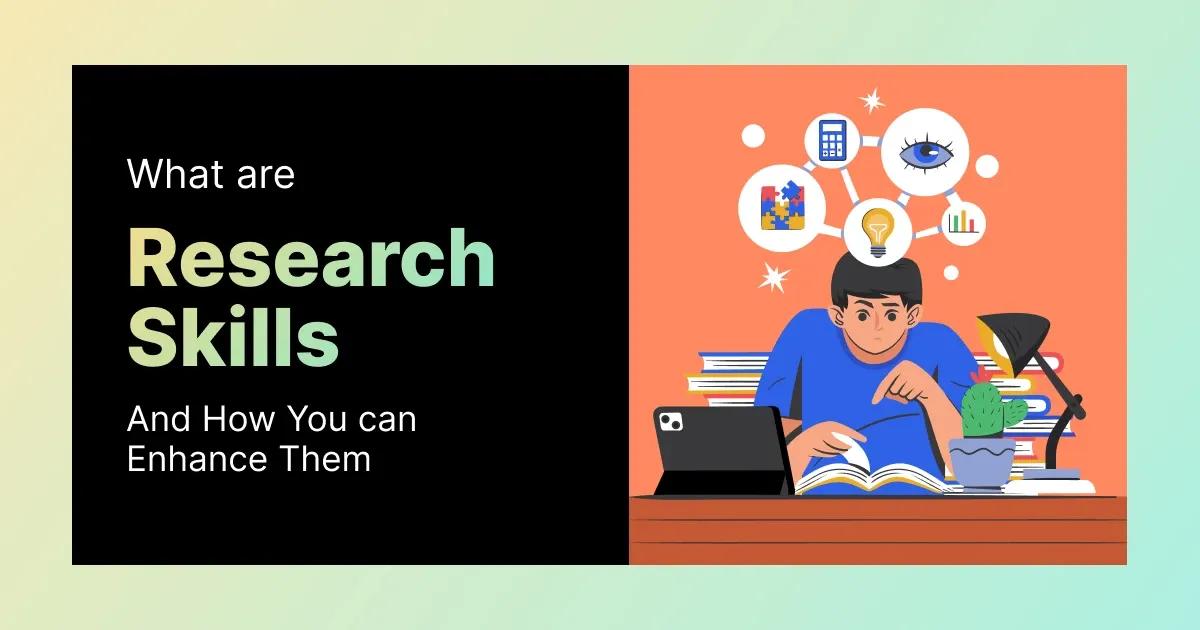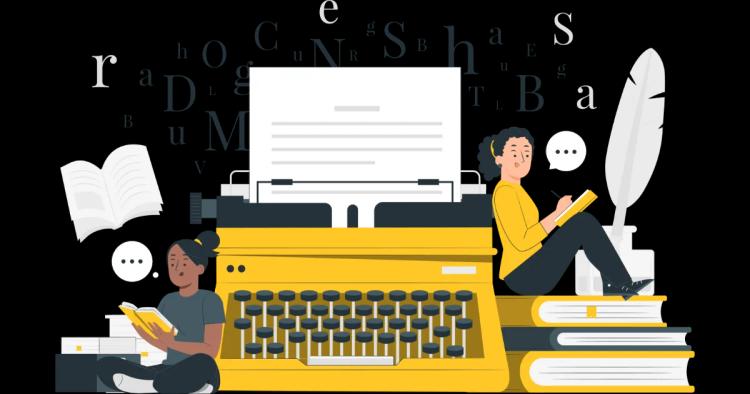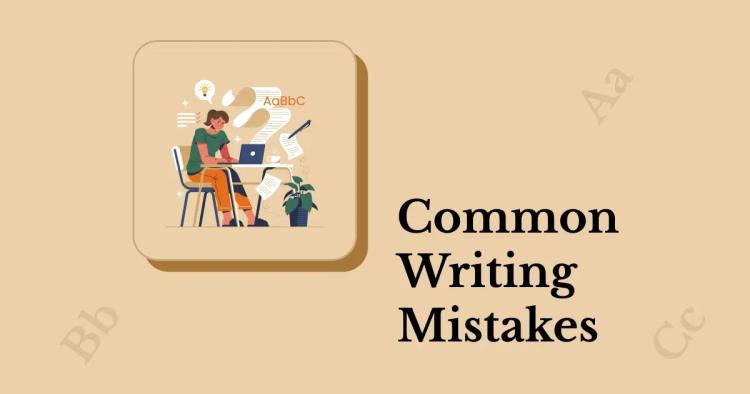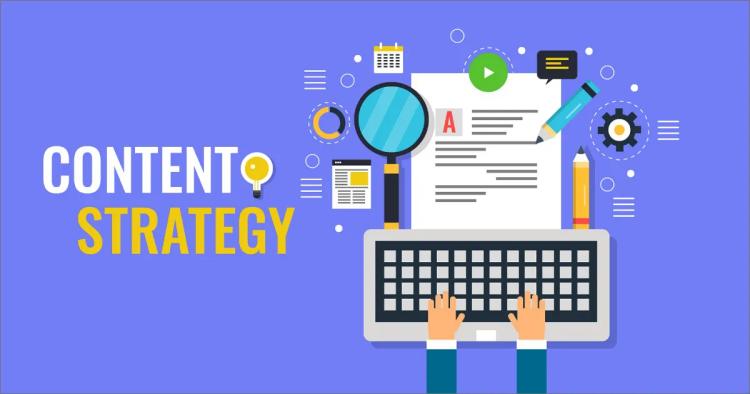Research skills are the lifeblood of knowledge acquisition and application. They are the foundation upon which the edifice of academia, innovation, and informed decision-making is constructed. Here, we explore the multifaceted significance of research skills and why they are indispensable in various aspects of life.
At their core, research skills empower individuals to navigate the labyrinthine corridors of information. In an age where the internet inundates us with data, research skills act as a compass, helping us discern valuable insights from the noise.
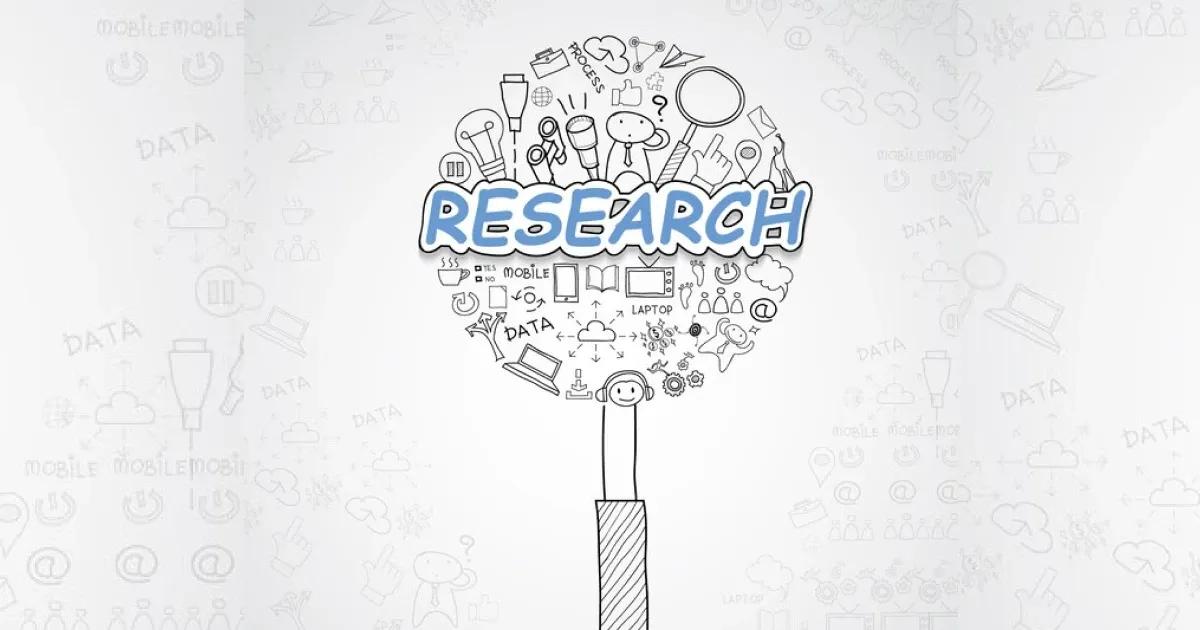
Whether you're a student embarking on a thesis, a scientist probing the mysteries of the universe, a healthcare professional seeking evidence-based practices, or a business leader making strategic decisions, research skills are your guiding light.
Why Constant Improvement Matters
The world of research is in constant motion. New discoveries, evolving methodologies, and emerging technologies continually reshape the landscape. As researchers, we must adapt and evolve alongside it.
Constantly honing our research skills is not a luxury; it's a necessity. It's the key to remaining relevant and impactful in an ever-changing world.
Understanding Research Skills
Defining Research Skills
Research skills encompass a wide range of abilities that enable individuals to systematically investigate, analyze, and synthesize information to answer questions, solve problems, or advance knowledge.
These skills go beyond simply gathering data; they involve critical thinking, evaluation, interpretation, and effective communication.
Core Components of Research Skills
The core components of research skills can be thought of as pillars supporting the research process:
-
Information Literacy: The skill of effectively seeking, evaluating, and using information from various sources.
-
Source Evaluation: The ability to discern credible, reliable sources from questionable ones.
-
Data Analysis: Mastery of techniques for processing, interpreting, and drawing meaningful insights from data.
-
Citation and Referencing: Properly attributing and acknowledging sources in your research to maintain academic integrity.
The Role of Critical Thinking
Critical thinking is engine driving research skills. It's the capacity to analyze information objectively, evaluate its validity, and draw reasoned conclusions. Critical thinkers question assumptions, challenge biases, and embrace the spirit of inquiry, which is at the heart of every successful research endeavor.
Types of Research Skills

Information Literacy
Information literacy involves the ability to locate, evaluate, and effectively use information from various sources. It's more than just finding data; it's about finding the right data and understanding its relevance, accuracy, and credibility.
Information literacy empowers researchers to make informed decisions about the sources they rely on.
Source Evaluation
Effective research requires the skill of source evaluation. It's not enough to find sources; you must critically assess their reliability, bias, and relevance to your research question. Distinguishing between peer-reviewed academic journals and sensationalist blog posts is a critical aspect of source evaluation.
Data Analysis
Data analysis is the bridge between raw data and meaningful insights. Researchers need to possess the skills to manipulate and interpret data effectively. Whether it's through statistical methods, qualitative analysis, or data visualization, data analysis is a cornerstone of research.
Citation and Referencing
Proper citation and referencing are more than just academic formalities; they are ethical imperatives. Researchers must accurately attribute sources to give credit to original authors and allow readers to trace their steps.
Different citation styles, such as APA, MLA, and Chicago, have specific guidelines that must be followed meticulously.
Developing Effective Research Skills
Setting Clear Objectives
Research begins with a clear sense of purpose. Before embarking on any research project, it's essential to define your objectives, research questions, or hypotheses. Clear objectives provide direction and focus, guiding you throughout the research process.
Choosing the Right Research Methods
Effective research methods depend on your objectives. Whether you're conducting surveys, interviews, experiments, or content analysis, selecting the appropriate methods is essential. Your choice of methods should align with your research goals and the nature of your research questions.
Gathering and Organizing Information
Research is data-driven, and efficient information gathering is a crucial skill. This includes creating systematic search strategies, using Boolean operators for database searches, taking effective notes, and using reference management tools to organize your sources.
Analyzing Data and Drawing Conclusions
Analysis is where data transforms into insights. Depending on your research design, this may involve quantitative statistical analysis, qualitative coding, or a combination of both. Effective data analysis requires both technical skills and the ability to draw meaningful conclusions based on evidence.
Improving Your Research Skills


Continuous Learning and Adaptation
Research is a field that never stops evolving. Researchers must commit to continuous learning and adaptation. Staying updated with the latest methodologies, technologies, and research trends is vital for improvement.
Effective Time Management
Time management is often underestimated as a research skill. Properly allocating time to each research phase—such as literature review, data collection, analysis, and writing—ensures that no aspect is rushed or overlooked.
Enhancing Critical Thinking Abilities
Critical thinking is a skill that benefits from continuous practice. Engaging in activities like brainstorming, debating, and exploring various perspectives can enhance your critical thinking abilities.
It's about training your mind to approach problems and questions with rigor and intellectual curiosity.
The Role of Technology in Research Skills
Leveraging Digital Tools for Research
In the digital age, a myriad of tools and resources are available to aid research. Online databases, academic search engines, and reference management software streamline the research process, making it more efficient and comprehensive.
The Benefits of Online Databases and Libraries
Online databases and digital libraries provide unprecedented access to a vast array of scholarly articles, books, reports, and other academic resources. These platforms are indispensable for conducting comprehensive literature reviews and gathering relevant sources for research projects.
Using Grammar Checker Tools like Copychecker
While technology has revolutionized various aspects of research, it has also impacted the way we communicate our research findings.
Grammar checker tools like Copychecker play a pivotal role in ensuring that your research papers are not only academically sound but also well-written and free from grammatical errors. These tools help maintain the clarity and professionalism of your writing.
Introduction to Copychecker Grammar Checker Tool
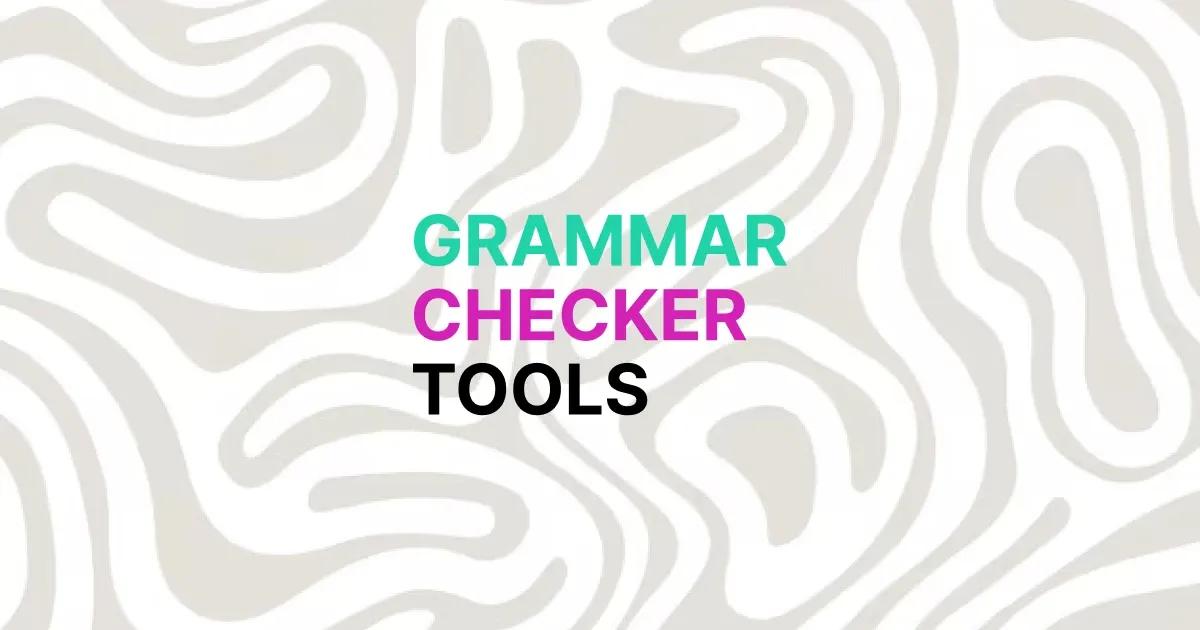
Features and Capabilities of Copychecker
Copychecker is not just a grammar checker; it's a comprehensive writing assistant with a wide range of features. These include real-time grammar and style checks, plagiarism detection, and citation validation. Copychecker helps refine your writing for both clarity and precision.
How Copychecker Enhances Your Research Skills
Copychecker contributes significantly to enhancing research skills by providing real-time feedback on grammar, punctuation, and style. Its suggestions improve the overall quality of your research papers by ensuring that your writing is clear, coherent, and error-free.
Real-Time Grammar and Style Checks
One of Copychecker's standout features is its ability to provide real-time grammar and style checks as you write.
This means that as you compose your research papers or reports, Copychecker flags grammatical errors, suggests improvements in sentence structure, and ensures that your writing adheres to your chosen style guide.
Using Copychecker for Research Papers
Proofreading and Editing Assistance
Copychecker serves as a reliable proofreading and editing assistant. It helps you eliminate grammatical errors, typos, and other writing mistakes that can detract from the quality and professionalism of your research papers.
With Copychecker, you can feel confident that your papers are polished and error-free.
Ensuring Clarity and Consistency
Clarity and consistency are paramount in research writing. Copychecker assists in maintaining a clear and consistent writing style throughout your research papers. It helps ensure that your ideas are communicated effectively and that your writing flows smoothly from one point to the next.
Citation and Reference Checks
In addition to grammar and style checks, Copychecker extends its capabilities to validate citations and references. It ensures that your citations adhere to the selected citation style and formatting guidelines.
This is crucial for maintaining academic integrity and ensuring that your sources are properly attributed.
Combining Research Skills and Copychecker for Excellence

Synergizing Research Skills and Grammar Checking
The synergy between research skills and grammar checking tools like Copychecker is a powerful one. While research skills enable you to conduct rigorous and methodologically sound investigations, Copychecker ensures that your findings are communicated with precision, clarity, and professionalism.
The combination of these skills and tools results in research papers that not only contribute to knowledge but also engage and inform readers effectively.
The Power of Precision in Academic Writing
Precision in academic writing is not a mere nicety; it's a hallmark of rigorous research and scholarship. Copychecker helps you achieve this precision by catching and correcting grammatical errors, suggesting improvements in sentence structure, and ensuring that your writing aligns with the conventions of your chosen citation style.
Precision in writing enhances the credibility and impact of your research.
FAQs
What are good research skills?
Good research skills encompass the ability to locate, evaluate, and effectively use information from various sources. They involve critical thinking, source evaluation, data analysis, and proper citation and referencing.
What basic research skills are needed for academic success?
Basic research skills essential for academic success include information literacy, source evaluation, data analysis, effective time management, and the ability to cite and reference sources correctly.
What are the 6 basic research skills?
The six basic research skills are information literacy, source evaluation, data analysis, effective time management, proper citation and referencing, and critical thinking. These skills are fundamental for conducting thorough and credible research.
How can I improve my research skills?
Improving your research skills involves continuous learning, practicing critical thinking, efficiently managing your time, and staying updated with the latest research methodologies and technologies. Additionally, using digital tools and resources can enhance your research efficiency.
Are research skills only important in academic settings?
No, research skills are valuable beyond academia. They are essential in various professional fields, including business, healthcare, and public policy, where informed decision-making relies on research and data analysis.
Additionally, research skills are beneficial for personal growth, enabling individuals to make well-informed choices in everyday life.
Conclusion: Elevating Your Research Skills
In conclusion, the journey of improving research skills is not a destination but a lifelong endeavor. It's a journey that empowers you to contribute meaningfully to your field of study, make informed decisions in various domains, and ultimately, expand the boundaries of human knowledge.
Embrace the process, commit to continuous learning, and let your passion for discovery drive your research forward.
Technology, including grammar checker tools like Copychecker, is not a replacement for human ingenuity but a valuable companion in the pursuit of research excellence. With dedication and the right resources at your disposal, your research prowess can flourish, making a lasting impact in your academic and professional endeavors.

